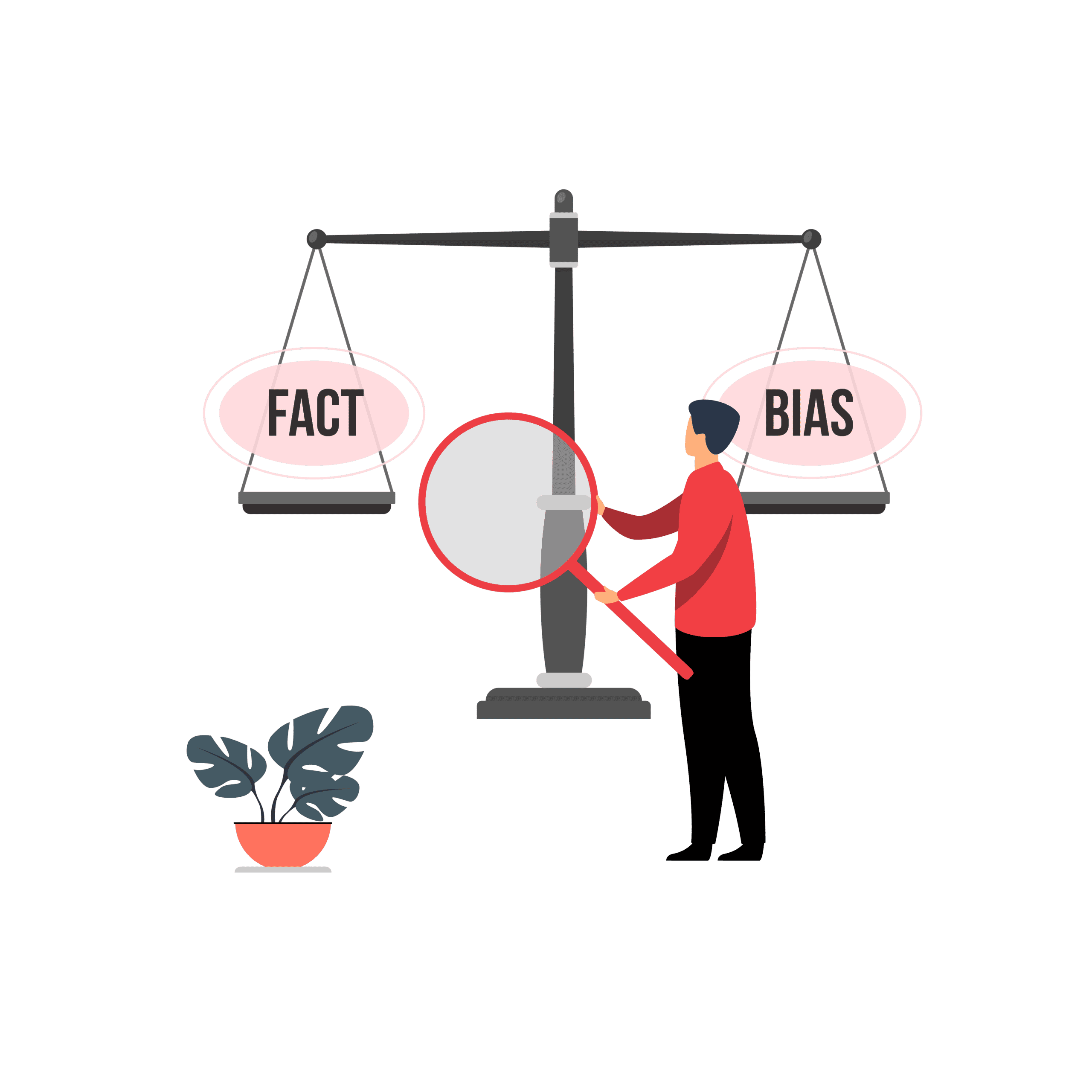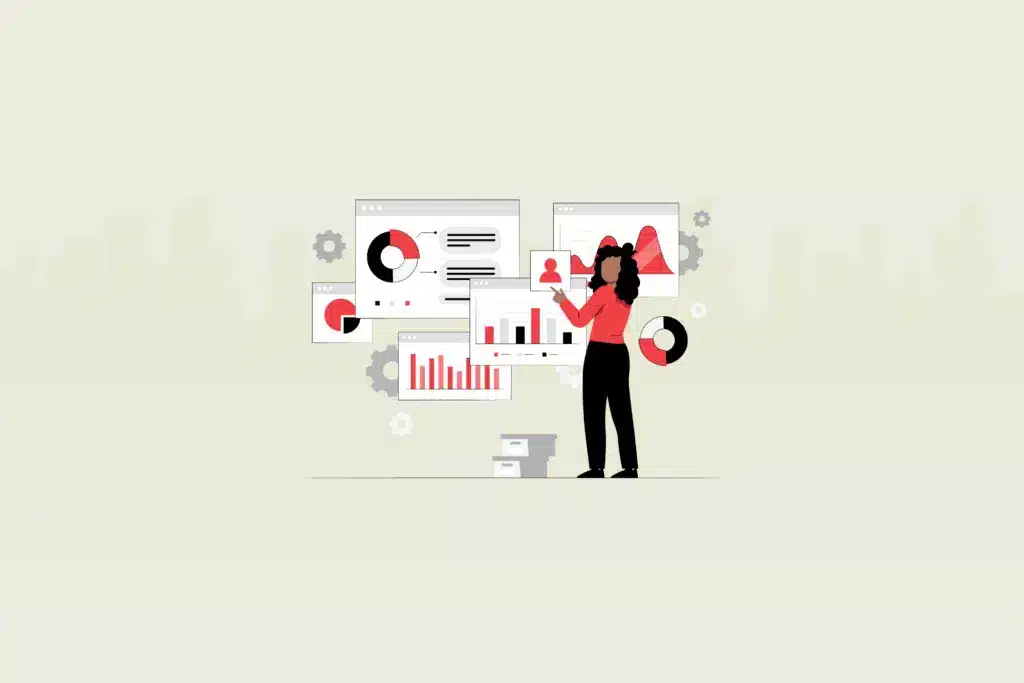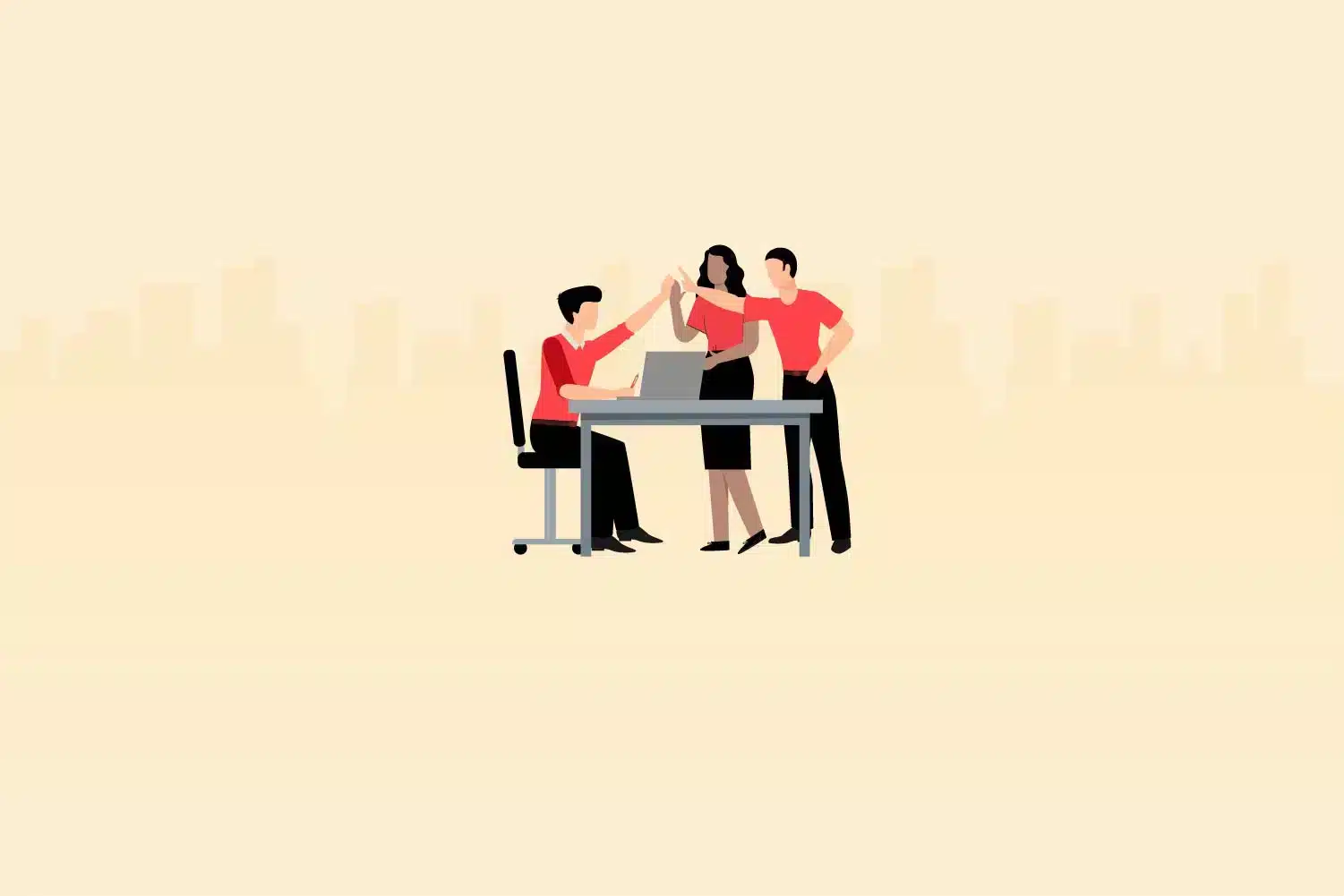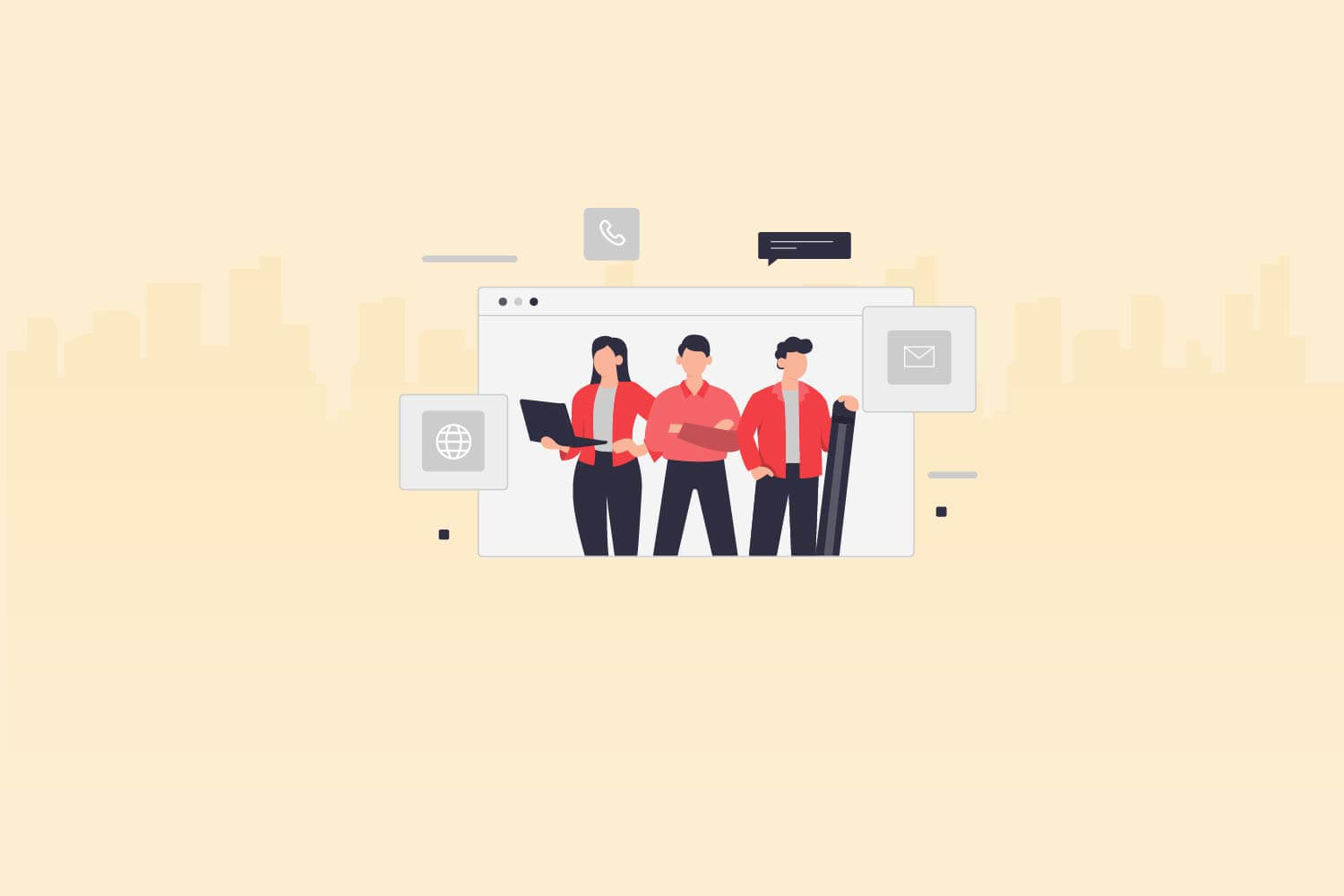The role of Compliance Officer has gained significant prominence in recent years, reflecting the growing emphasis on regulatory adherence and risk management across industries. As organizations navigate an increasingly complex business environment, the need for skilled professionals who can ensure ethical conduct and regulatory compliance has become paramount. HR professionals and CXOs are witnessing a rising trend in the recruitment of Compliance Officers, as businesses seek to bolster their compliance frameworks and mitigate potential risks.
According to industry analytics, there has been a substantial surge in demand for Compliance Officers, with a year-on-year growth of 20% in job postings and an average of 15% increase in salaries. In this dynamic landscape, it is crucial for HR personnel and senior executives to understand the evolving responsibilities, key competencies, and strategic value that Compliance Officers bring to organizations.
Here are the top 60 Compliance Officer interview questions to ask job applicants:
15 general interview questions for compliance Officer
- Can you explain your understanding of the role of a Compliance Officer and its importance within an organization?
- How do you stay updated with the latest regulations and compliance requirements relevant to our industry?
- Can you describe a time when you faced a complex compliance issue and how you successfully resolved it?
- How do you ensure that employees understand and comply with company policies and procedures?
- What strategies do you employ to monitor and assess compliance risks within an organization?
- How do you handle situations where there is a conflict between business objectives and compliance requirements?
- Can you provide an example of a compliance project you led from start to finish and the results achieved?
- How do you promote a culture of compliance and ethics within an organization?
- What methods do you use to conduct compliance audits or assessments?
- How do you handle incidents or allegations of non-compliance? Can you provide an example?
- How do you collaborate with other departments to ensure a comprehensive approach to compliance?
- Can you describe your experience with implementing or managing compliance training programs?
- How do you ensure that compliance processes and procedures are effectively communicated to all relevant stakeholders?
- How do you handle the challenges of maintaining compliance in an ever-changing regulatory landscape?
- Can you discuss your experience with regulatory reporting and interactions with regulatory bodies?
5 sample answers to general interview questions for Compliance Officer
- Can you explain your understanding of the role of a Compliance Officer and its importance within an organization?
Look for: An understanding of the Compliance Officer’s responsibilities, the ability to articulate the importance of compliance, and an understanding of its impact on the organization.
Sample answer: “As a Compliance Officer, my role is to ensure that our organization operates within the boundaries of relevant laws, regulations, and internal policies. I am responsible for identifying and mitigating compliance risks, conducting audits, developing and implementing compliance programs, and fostering a culture of ethics and integrity. Compliance is crucial because it helps safeguard our reputation, minimizes legal and financial risks, and enhances trust among stakeholders.”
- Can you describe a time when you faced a complex compliance issue and how you successfully resolved it?
Look for: Problem-solving skills, the ability to handle complex situations, and an understanding of the steps taken to address the issue effectively.
Sample answer: “In my previous role, we faced a complex compliance issue related to data privacy regulations. Our organization was collecting and processing personal information without proper consent. To resolve this, I immediately initiated an internal investigation to understand the scope of the issue and identify the root causes. I collaborated with the legal team to develop a remediation plan, which included implementing robust consent mechanisms, conducting privacy impact assessments, and providing training to employees. By taking these measures, we ensured compliance with data privacy regulations and established a more robust framework for data protection.”
- How do you promote a culture of compliance and ethics within an organization?
Look for: Leadership skills, the ability to influence others, and strategies for fostering a culture of compliance and ethics.
Sample answer: “Promoting a culture of compliance and ethics requires both top-down and bottom-up approaches. As a Compliance Officer, I lead by example, demonstrating ethical behavior and making compliance a priority. I also believe in proactive communication and training to raise awareness and ensure that employees understand the importance of compliance. I encourage an open-door policy, where employees can freely raise compliance concerns without fear of retaliation. Additionally, I regularly communicate updates on regulations and best practices to keep employees informed and engaged in compliance efforts.”
- How do you handle incidents or allegations of non-compliance? Can you provide an example?
Look for: The ability to handle sensitive situations, a structured approach to incident management, and the ability to balance legal requirements and organizational priorities.
Sample answer: “When faced with incidents or allegations of non-compliance, my first step is to gather all relevant information and conduct a thorough investigation. I ensure confidentiality and impartiality throughout the process. If a violation is confirmed, I collaborate with relevant stakeholders to develop an appropriate response plan. This may include disciplinary actions, process improvements, additional training, or policy updates. For instance, in a previous role, I investigated a case of insider trading and promptly reported it to the appropriate authorities. We took immediate action to terminate the employee involved, revised our internal controls, and provided targeted training on insider trading regulations to prevent similar incidents.”
- How do you handle the challenges of maintaining compliance in an ever-changing regulatory landscape?
Look for: Adaptability, a proactive approach to staying informed, and strategies for effectively managing regulatory changes.
Sample answer: “I understand that regulatory landscapes are constantly evolving, and I stay proactive by continuously monitoring regulatory updates through reliable sources, attending industry conferences, and participating in professional networks. I conduct regular assessments to identify gaps between our current compliance practices and the new requirements. By engaging with cross-functional teams and leveraging technology, I ensure that our compliance programs are agile and adaptable. For instance, in my previous role, when new anti-money laundering regulations were introduced, I collaborated with the IT department to implement automated monitoring systems that enhanced our ability to detect suspicious transactions and comply with the new regulations effectively.”
15 behavioral interview questions for Compliance Officer
- Tell me about a time when you faced resistance from employees or stakeholders regarding compliance policies or procedures. How did you handle it?
- Describe a situation where you discovered a compliance violation or potential risk. How did you handle the situation, and what steps did you take to address it?
- Can you share an example of a time when you had to make a difficult ethical decision within the scope of your compliance responsibilities? How did you approach it?
- Give me an example of a time when you had to influence or convince senior management to allocate resources for compliance initiatives or programs.
- Describe a situation where you had to collaborate with different departments or teams to ensure compliance. How did you ensure effective communication and cooperation?
- Tell me about a time when you identified gaps or weaknesses in an organization’s compliance program. How did you address those gaps and implement improvements?
- Describe a challenging compliance project you worked on. How did you manage competing priorities and ensure successful project completion?
- Can you share an example of a time when you had to respond to an external regulatory audit or investigation? How did you handle the process and any findings?
- Tell me about a time when you had to develop or update compliance policies and procedures. How did you ensure they were communicated effectively to employees?
- Describe a situation where you had to balance business objectives with compliance requirements. How did you navigate the situation and ensure compliance without hindering operations?
- Give me an example of a time when you had to handle a whistleblower complaint or anonymous reporting of potential non-compliance. How did you investigate and address the situation?
- Describe a time when you had to implement or enhance a compliance training program. How did you ensure its effectiveness and measure its impact?
- Can you share an example of a time when you faced conflicting regulatory requirements from different jurisdictions? How did you ensure compliance with both sets of regulations?
- Tell me about a time when you had to educate and train employees on the importance of compliance and ethical behavior. How did you engage employees and create awareness?
- Describe a situation where you had to manage multiple compliance projects simultaneously. How did you prioritize tasks and ensure timely completion?
5 sample answers to behavioral interview questions for the Compliance Officer
- Tell me about a time when you faced resistance from employees or stakeholders regarding compliance policies or procedures. How did you handle it?
Look for: Conflict resolution skills, the ability to influence and educate others, and a proactive approach to addressing resistance.
Sample answer: “In a previous role, I faced resistance from employees when implementing a new code of conduct. To address this, I conducted interactive training sessions, emphasizing the benefits of the new policies and clarifying any misconceptions. I also established an open-door policy, encouraging employees to voice their concerns. By actively listening and addressing their questions, I gained their trust and buy-in. Additionally, I collaborated with department heads to ensure consistent enforcement and provided ongoing support through regular communication and training updates. Over time, the resistance subsided, and the code of conduct became ingrained in the organization’s culture.”
- Describe a situation where you discovered a compliance violation or potential risk. How did you handle the situation, and what steps did you take to address it?
Look for: Attention to detail, ability to investigate and analyze, and prompt action to address compliance issues.
Sample answer: “During a routine internal audit, I discovered a potential violation of anti-bribery regulations. I immediately initiated an investigation, gathering evidence and interviewing relevant employees. Once the violation was confirmed, I reported the findings to senior management and the legal team. We collaborated to develop a corrective action plan, which included implementing enhanced controls, conducting targeted training on anti-bribery measures, and revising policies to prevent future occurrences. Throughout the process, I ensured compliance with reporting requirements and maintained open communication with the appropriate regulatory authorities.”
- Can you share an example of a time when you had to make a difficult ethical decision within the scope of your compliance responsibilities? How did you approach it?
Look for: Strong ethical decision-making skills, adherence to compliance standards, and the ability to balance competing interests.
Sample answer: “In a previous role, I was presented with a situation where a business partner offered a substantial financial incentive to overlook a compliance requirement. Despite the potential benefits, I knew it was essential to prioritize ethical conduct and maintain the integrity of our compliance program. I promptly informed my supervisor and the legal department, providing them with all the details. We collectively decided to terminate the business relationship and reported the incident to the appropriate authorities. This decision aligned with our organization’s commitment to compliance and ensured that we operated within legal and ethical boundaries.”
- Give me an example of a time when you had to influence or convince senior management to allocate resources for compliance initiatives or programs.
Look for: Persuasion and negotiation skills, the ability to present a compelling business case for compliance and successful outcomes.
Sample answer: “In a previous organization, I recognized the need to invest in an advanced compliance monitoring system to strengthen our regulatory adherence. To convince senior management, I prepared a comprehensive business case outlining the potential risks, financial implications of non-compliance, and the benefits of the proposed system. I scheduled a meeting with senior executives, presenting the business case and highlighting how the system would enhance efficiency, reduce potential fines, and safeguard our reputation. By demonstrating the tangible value and return on investment, I successfully obtained the necessary resources, resulting in improved compliance monitoring and risk mitigation.”
- Describe a situation where you had to collaborate with different departments or teams to ensure compliance. How did you ensure effective communication and cooperation?
Look for: Collaboration and communication skills, the ability to bridge gaps between departments, and successful cross-functional outcomes.
Sample answer: “In a previous role, I led a cross-functional compliance project to implement a new data privacy framework. I initiated regular meetings with representatives from legal, IT, HR, and marketing departments to understand their respective requirements and concerns. I established clear communication channels and facilitated ongoing dialogue to ensure alignment and address any issues promptly. By fostering a collaborative environment, we successfully developed and implemented comprehensive data privacy policies, systems, and employee training programs that met the needs of each department while ensuring compliance with applicable regulations.”
15 personality interview questions for Compliance Officer
- How do you handle stress and pressure in a high-stakes compliance environment?
- Describe a situation where you had to maintain confidentiality and discretion in your role. How did you handle it?
- Can you tell me about a time when you had to act with integrity and make a difficult ethical decision?
- How do you ensure attention to detail in your work as a Compliance Officer?
- Describe a time when you had to adapt to changes in regulations or compliance requirements. How did you approach it?
- How do you prioritize and manage multiple competing tasks and deadlines in your role?
- Tell me about a time when you had to navigate a challenging situation with a difficult colleague or stakeholder. How did you handle it?
- How do you stay motivated and maintain a high level of accountability in your compliance responsibilities?
- Describe a situation where you had to communicate complex compliance concepts to non-compliance personnel. How did you ensure understanding and engagement?
- How do you stay updated on industry best practices and emerging trends in compliance?
- Can you share an example of a time when you had to handle confidential or sensitive information in a compliant manner?
- Describe a situation where you had to resolve a compliance-related conflict between different departments or teams. How did you approach it?
- How do you ensure that you are approachable and accessible to employees who have compliance-related concerns or questions?
- Can you tell me about a time when you had to make a tough decision that required balancing both legal compliance and business objectives?
- How do you demonstrate leadership and influence in your compliance role?
5 sample answers to personality interview questions for the Compliance Officer
- How do you handle stress and pressure in a high-stakes compliance environment?
Look for: Resilience, stress management techniques, and an ability to stay focused under pressure.
Sample answer: “In a high-stakes compliance environment, I understand the importance of managing stress effectively. I prioritize self-care by maintaining a healthy work-life balance, practicing mindfulness techniques, and engaging in physical activities outside of work. During intense periods, I break down tasks into manageable steps, establish clear priorities, and utilize time-management strategies. I also find it helpful to maintain open lines of communication with colleagues, seeking support and sharing responsibilities when needed. By staying organized, focused, and resilient, I can effectively navigate high-pressure situations and deliver optimal results.”
- How do you ensure attention to detail in your work as a Compliance Officer?
Look for: Strong attention to detail, meticulousness, and methods for maintaining accuracy.
Sample answer: “Attention to detail is critical in the role of a Compliance Officer. To ensure accuracy, I develop and follow robust checklists and procedures when conducting audits, assessments, or investigations. I am diligent in reviewing documents, policies, and regulatory requirements to identify any potential gaps or inconsistencies. Double-checking my work and seeking input from colleagues for a fresh perspective are also part of my routine. I understand that even minor oversights can have significant consequences, so I approach each task with meticulousness and maintain a commitment to delivering high-quality work.”
- How do you demonstrate leadership and influence in your compliance role?
Look for: Leadership qualities, the ability to influence others, and strategies for driving compliance culture.
Sample answer: “As a Compliance Officer, leadership and influence play a vital role in shaping a compliance culture. I lead by example, demonstrating ethical behavior and a commitment to compliance in all aspects of my work. I strive to build strong relationships with stakeholders, fostering open communication and collaboration. To influence others, I emphasize the benefits of compliance, highlighting its positive impact on risk mitigation, reputation, and long-term success. I engage employees through training, workshops, and regular communication to ensure everyone understands their roles and responsibilities in maintaining compliance. By instilling a sense of ownership and accountability, I create an environment where compliance is seen as a shared goal.”
- Can you share an example of a time when you had to navigate a challenging situation with a difficult colleague or stakeholder? How did you handle it?
Look for: Conflict resolution skills, diplomacy, and the ability to maintain professionalism.
Sample answer: “In a previous role, I encountered a challenging situation where a colleague was resistant to complying with a new regulatory requirement. Recognizing the importance of collaboration, I scheduled a one-on-one meeting to understand their concerns and perspective. I actively listened, acknowledged their viewpoint, and explained the rationale behind the requirement. By maintaining a calm and professional demeanor, I diffused tension and focused on finding common ground. Together, we explored potential solutions and identified compromises that addressed their concerns while still meeting compliance obligations. This experience taught me the value of diplomacy, patience, and finding win-win solutions even in challenging situations.”
- How do you stay motivated and maintain a high level of accountability in your compliance responsibilities?
Look for: Intrinsic motivation, dedication to ethical conduct, and strategies for personal accountability.
Sample answer: “As a Compliance Officer, my motivation stems from my belief in the importance of upholding ethical conduct and protecting the organization’s reputation. I constantly remind myself of the impact that compliance has on minimizing risks and fostering trust among stakeholders. To maintain a high level of accountability, I set clear goals and objectives for myself, regularly evaluating my performance and seeking feedback. I stay updated on industry trends and regulatory changes, engaging in continuous learning and professional development. Additionally, I leverage technology and automation tools to streamline processes and ensure accuracy. By staying proactive, motivated, and holding myself accountable, I strive to be a reliable and effective Compliance Officer.”
When should you use skill assessments in your hiring process for Compliance Officer?
Skill assessments can be valuable tools to incorporate into the hiring process for Compliance Officers. Assessments provide objective measures of a candidate’s capabilities, allowing you to evaluate their skills and competencies directly. They offer a standardized and systematic approach to assess specific skills that are essential for success in a compliance role.
Assessments are important because they provide a reliable means of gauging a candidate’s proficiency in key areas such as regulatory knowledge, risk management, ethical decision-making, problem-solving, and attention to detail. By utilizing assessments, you can ensure that candidates possess the necessary skills and competencies required to excel in the compliance function.
Several assessments can be used to assess skills in the hiring process for Compliance Officers. These may include:
- Regulatory Knowledge Assessments
These assess a candidate’s understanding of relevant laws, regulations, and industry standards, ensuring they have a solid foundation of compliance knowledge.
- Case Studies or Scenario-based Assessments
These present candidates with real-life compliance situations and evaluate their ability to analyze, assess risks, and propose appropriate actions or solutions.
- Ethics Assessments
These evaluate a candidate’s ethical decision-making capabilities, integrity, and adherence to ethical standards in compliance-related scenarios.
- Attention to Detail Assessments
These measure a candidate’s ability to identify and address small details accurately, which is crucial for ensuring compliance in documentation, reporting, and processes.
- Problem-solving Assessments
These assess a candidate’s critical thinking and problem-solving skills, particularly their ability to identify compliance gaps, analyze complex issues, and devise effective solutions.
By incorporating skill assessments into the hiring process, you can gain valuable insights into a candidate’s abilities, enabling you to make informed decisions and select individuals who are well-equipped to fulfill the demands of a Compliance Officer role.
Use our interview questions and skill tests to hire talented Compliance Officer
Unlock the potential of your hiring process with Testlify’s comprehensive skill assessments and interview questions specifically designed for compliance officers.
Our extensive test library offers a wide range of assessments, including cognitive function, personality, situational judgment, programming, and more. By leveraging these assessments, you can objectively evaluate candidates’ abilities, ensuring you shortlist the most talented individuals efficiently.
To further enhance your hiring process, we invite you to book a free 30-minute live demo. Our expert team will guide you through the platform, showcasing relevant skill tests tailored to your hiring needs. With our support, you can streamline candidate selection, saving valuable time and resources.
Ready to find the perfect fit for your compliance officer role? Testlify provides the tools you need to make informed hiring decisions. Explore our skill assessments and interview questions today to uncover exceptional talent for your team.








